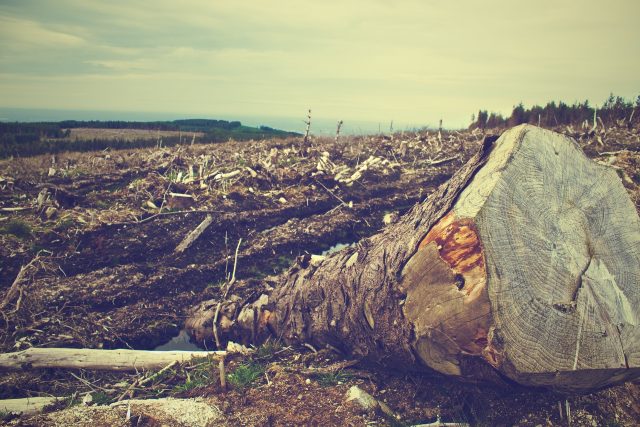
The Commission has Reached an Agreement that it will no Longer Allow the Importation of Goods Whose Production has Contributed to Deforestation in the World
European governments have defined a draft law, according to which it will no longer be possible to import products from abroad that contribute, in any way, to global deforestation and the related preliminary agreement has now been signed. It will be mandatory for importing companies to carry out careful checks and issue a sort of official declaration, with which they certify that they are not admitted, throughout the European territory, products that have led, during the phases of their industrialization, to degradation forests or actual deforestation in one or more parts of the world. This procedural obligation will be active as early as 31 December 2020.
The law in question will not impose any veto on goods or specific exporting countries but, through mandatory certification, it will force importing companies not to finance, in any way, industrial processes harmful to the world’s forests. The attention required by the European Parliament is not limited only to the productive origin of the imported good but each importer will have to ensure, through checks relating to the exporting nation, that all the conditions of commercial exchange are also respected regarding workers’ rights and the respect for indigenous peoples often involved in production.
An initial list has been drawn up, continuously updated, relating to the products covered by the new European standards and includes cattle, cocoa, coffee, soybeans, palm oil, wood, coal, printed paper products, rubber and various derivatives of palm and all by-products that contain the same raw materials or animals that sustain themselves from them.
The European Parliament has also refined the definition of deforestation to broaden its meaning and include in the term also procedures that until now were not understood in the same way. According to the new EU guidelines, the conversion of primary or naturally regenerated forests into artificial plantations or woodland for commercial purposes, as well as the transformation of primary forests into planted forests, also contribute to deforestation. Over the next 2 years, on the other hand, a possible extension of the scope of application of the new law will be evaluated, also to other transformed forest areas and to other ecosystems such as soils with a high concentration of carbon or with a high biodiversity value.
The law will also include financial institutions directly linked to the EU which will be obliged to provide their services only to customers who will be able to guarantee their use for operations which will not, in any way, lead to deforestation. The origin of the products, fundamental for the law control phases, will be analyzed with the use of all available technology such as geolocation and digitized information of the company, as well as through the use of satellite monitoring and analysis of the DNA directly on imported products to confirm their origin and, therefore, the harmless of their industrialization.
In the first 18 months after the entry into force of the new EU rules, the Commission will prepare a ranking of the countries or a part of them based on the risk that they may or may not produce damaging the development habitat. On the basis of this list, with the risk levels, all the necessary checks will be carried out and 9% will be aimed at countries considered in the high-risk area, 3% towards countries with a standard risk level and 1% for countries with low risk of harmful production. Once violations of the law have been found, the sanctions will be proportionate and of a dissuasive nature and will consist of a fine of a maximum amount equal to 4% of the annual turnover, in European territory, of the offending company.
After the formal approval of the agreement by the Parliament and the Council, the new European law will enter into force approximately 20 days after its publication in the Official Journal.
Alessandro Fiorentino



 Subscribe
Subscribe